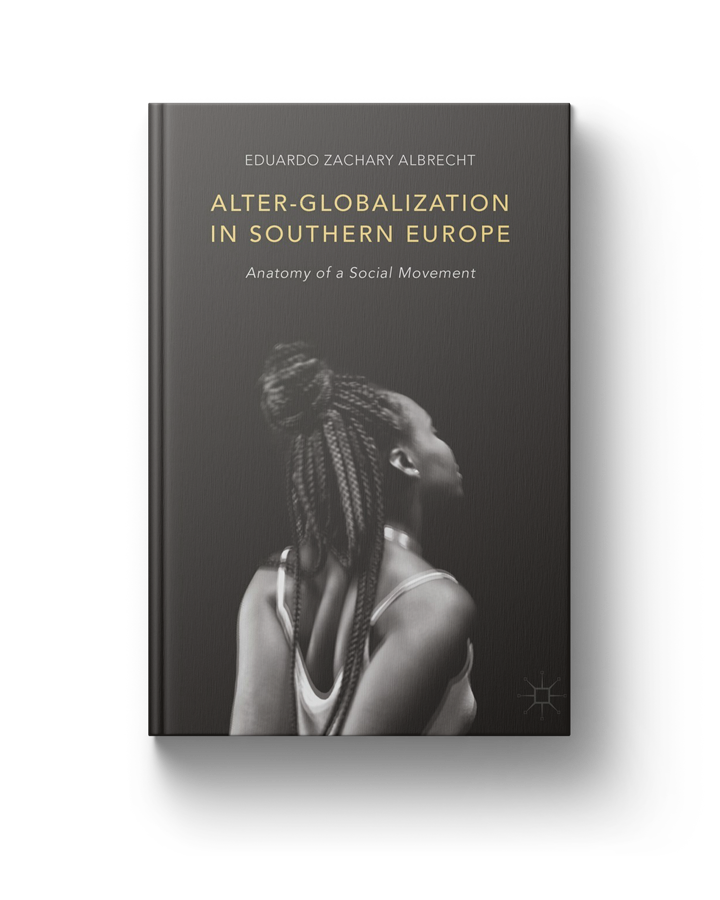Forthcoming

Political Automation: An Introduction to AI in Government and its Impact on Citizens
Governments now routinely use AI-based software to gather information about citizens and determine the level of privacy a person can enjoy, how far they can travel, what public benefits they may receive, and what they can and cannot say publicly. What input do citizens have in how these machines think?
In Political Automation, I explore this question in various domains, including policing, national security, and international peacekeeping. Drawing upon interviews with rights activists, I examine popular attempts to interact with this novel form of algorithmic governance so far. I then propose the idea of a Third House, a virtual chamber that legislates exclusively on AI in government decision-making and is based on principles of direct democracy, unlike existing upper and lower houses that are representative. Digital citizens, AI powered replicas of ourselves, would act as our personal emissaries to this Third House. An in-depth look at how political automation impacts the lives of citizens, this book addresses the challenges at the heart of automation in public policy decision-making and offers a way forward.
“This groundbreaking book addresses a fundamental question: Technology is redistributing power and our political institutions have not been designed to address that radical transformation. Eduardo Albrecht is one of the first thinkers to offer a practical response. A must-read for anybody interested in accountability in the age of data and AI.” –Jean-Marie Guéhenno, Arnold A. Saltzman Professor at Columbia University’s School of International and Public Affairs (SIPA)
Image credit: Nicholas Albrecht.
Political Automation Trailer - Interview
I am delighted to release the full trailer-interview for my book Political Automation.
After years of research across multiple continents and countless interviews with rights activists, I’ve found an answer to one of the most pressing questions of our time: How do we ensure meaningful citizen input into AI-driven government decisions?
In the interview I discuss the idea of a “Third House,” a novel institution quite distinct from our existing representative chambers. This virtual space would be dedicated to direct democratic oversight of government AI systems. Digital citizens, agentic AI-powered replicas of ourselves, would serve as our personal emissaries to this Third House.
I’m deeply grateful to colleagues at Mercy University, Columbia | SIPA, United Nations University, and The City University of New York’s Colin Powell School for Civic and Global Leadership for their support in bringing this work to life, and I invite you to join this crucial conversation about the future of democracy in an AI-driven world.
Published Books

Available Now
Alter-globalization in Southern Europe: Anatomy of a Social Movement
In this book I examine the relationship between the alter-globalization movement and political power in Italy, Spain, and Greece. I argue that not only is the movement anti-political, but that it operates within an apolitical social milieu, as a ritualized holding pattern for youths that find themselves uncomfortably placed between a receding state structure on the one hand, and a rising informal economy on the other. Its ritual liminality allows adherents to explore experiences of social authenticity, racial alterity, and political alternativity, all the while ensuring that the movement’s impact on existing power structures remains relatively limited. I consider the social ramifications of such a movement at a time when Europe finds itself at a political and economic crossroads, and describe fieldwork in three southern European cities: Barcelona, Naples, and Athens. You can find an academic peer-review of this book here.